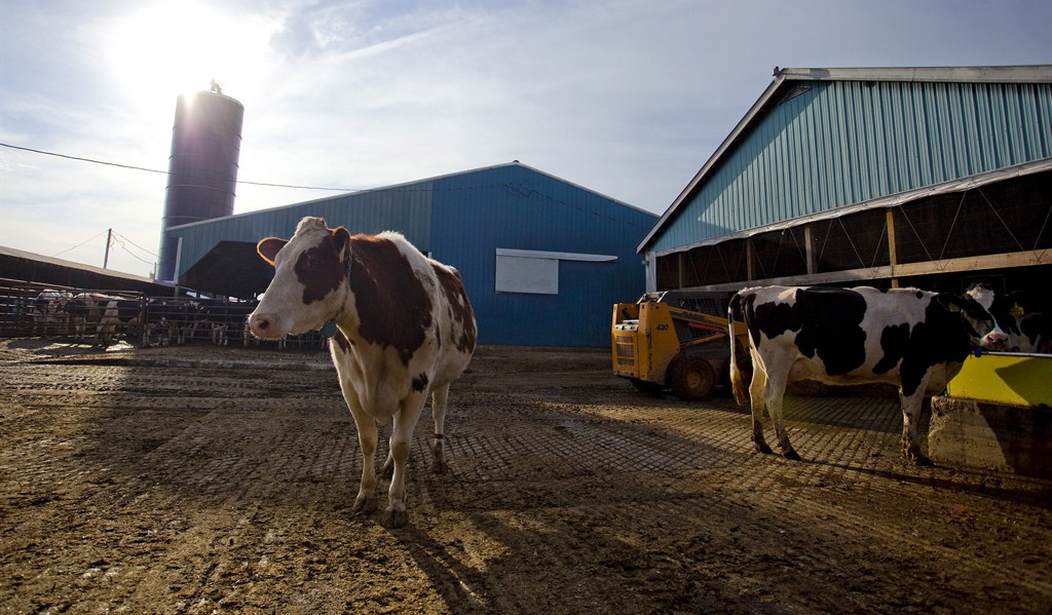The name "Chicago," according to local lore, came from an Indian word meaning "stinky onion." But for decades the city had a different aroma, wafting from an array of candy factories. It was a sweet bonus of urban life. Thanks to a little-known government program, though, it has largely faded away.
In 1990, Brach's Confections Inc. threatened to close a West Side factory that employed 1,100 people. The candy maker said it would move abroad unless the federal government acted to reduce the artificially inflated cost of sugar. Washington ignored the threat, and Brach's found ways to keep the plant going. But in 2003, it closed the factory and sent much of the work to Mexico.
The reason for the move was a federal undertaking whose entire purpose is to prop up the price of sugar for the benefit of a small number of growers. It does so by restricting imports, limiting how much farmers can plant and guaranteeing them a certain price. These methods work: The price of sugar in this country is usually double or triple the price in the rest of the world.
That enduring accomplishment comes at a cost to companies that buy sugar, like Brach's. It also burdens a larger group of people: those who eat. In a typical year, the average American consumes nearly 100 pounds of sugar and other high-calorie sweeteners. The total cost to consumers amounts to as much as $3.5 billion a year.
That doesn't count the jobs shipped to Mexico or Canada. Defenders claim the program saves American jobs in sugar production. But a 2006 study by the U.S. Department of Commerce found that for each job it saves in those sectors, it destroys three jobs in candy making.
For decades, Life Savers were made at a facility in Holland, Mich. But in 2003, Kraft Foods shut it and moved the production to a plant near Montreal.
Recommended
What does Quebec have to offer that Michigan doesn't? The Canadian Sugar Institute is happy to explain: "The Canadian sugar industry is internationally unique in that it does not depend on government subsidies. Basing its prices on world raw sugar markets, it sells sugar at prices that are among the lowest in the world."
Some companies can afford to eat the extra cost of operating in the U.S. But when the composition of your product is 99 percent sugar, it's not so easy.
Ronald Reagan could have been thinking of sugar when he said, "Government programs, once launched, never disappear. Actually, a government bureau is the nearest thing to eternal life we'll ever see on this earth." Growers have been protected by import barriers since 1789, and the current complicated system dates back to the Great Depression.
The country was a very different place then. In 1930, one of every four Americans lived on a farm. Today, it's one in 50. But the farm bill passed by Congress and signed by the president this month was a missed opportunity to enact changes that would reflect the vast changes over the past 80 years.
The politicians could have started with this system, which bleeds the many to enrich the few. "No industry is as coddled as farming, and no industry as centrally planned from Washington," writes Cato Institute policy analyst Chris Edwards. "The federal sugar program is perhaps the most Soviet of all."
Not only do the connoisseurs decree the appropriate price for this basic commodity, but they say who may sell the stuff and how much of it. They establish the correct division between sources of sugar: In 2011, it was 54.35 percent beets and 45.65 percent cane. They even decide how much can come from specific companies.
Looking at sugar, it's hard to remember we live in a capitalist economy. But in other industries and many farm products, these matters do get resolved, without the intrusion of federal overseers, through the functioning of supply and demand in a competitive marketplace.
Believe it or not, the same system would work for sugar. Farmers would decide how much to plant, refiners would decide whether to buy from domestic suppliers or foreign ones, and prices would reflect the ups and downs of production and consumption. They would also be consistently lower.
But our leaders have an addiction they just can't shake. Sugar is a substance that, in people, can rot teeth, foster illness and lead to obesity. Its effects on government are pretty much the same.

























Join the conversation as a VIP Member